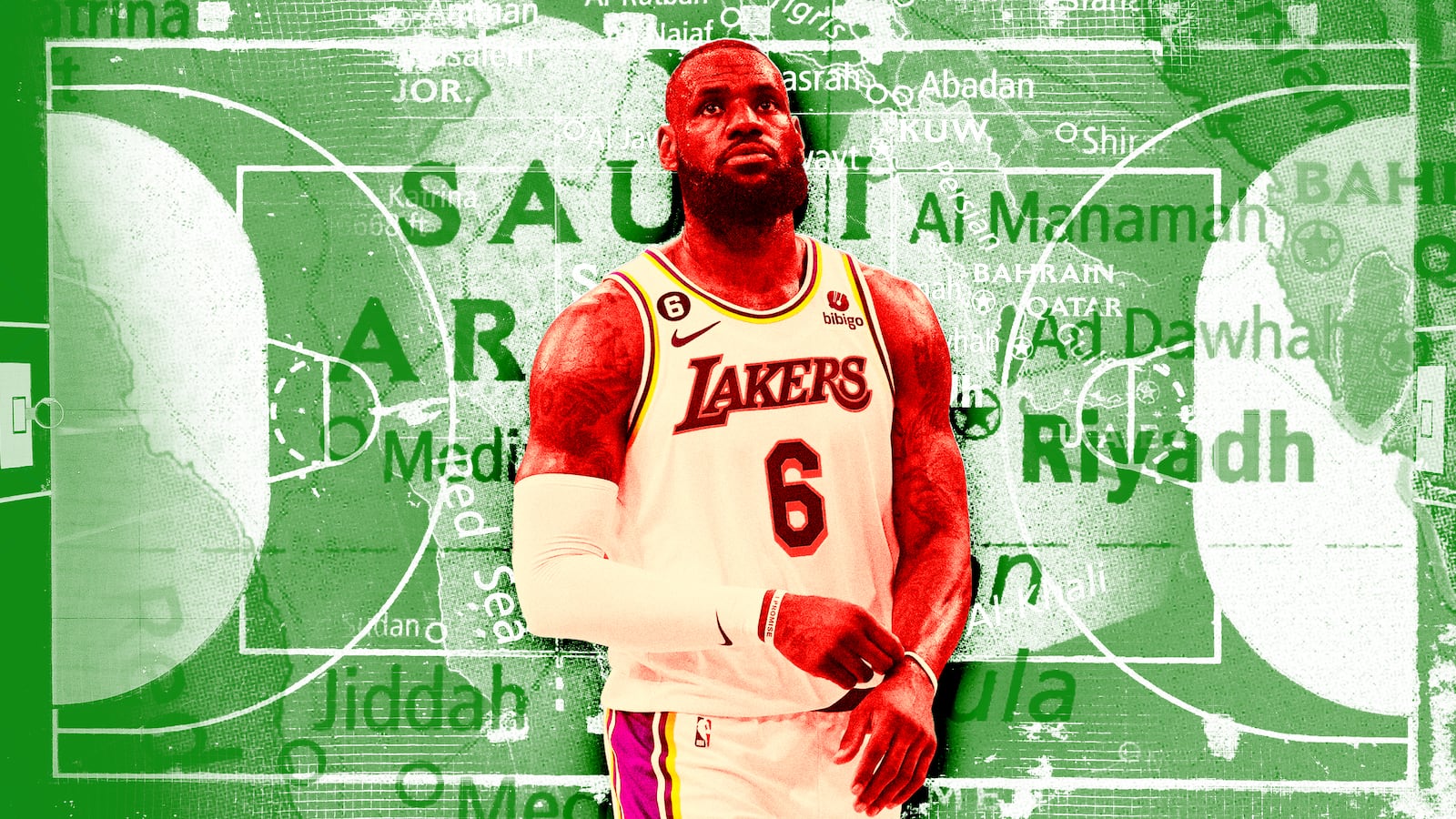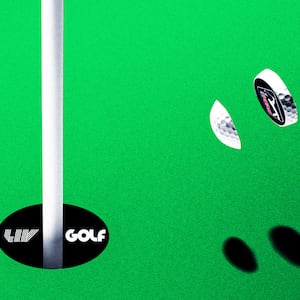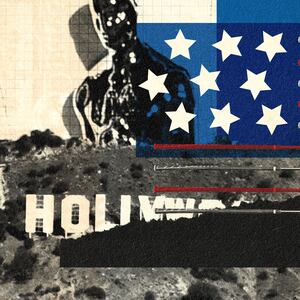Last week, NBA superstar and Los Angeles Lakers forward LeBron James was spotted chilling with his business team in the Kingdom of Saudi Arabia. While there, he scoped out some basketball prospects, hung out with Badr bin Abdullah Al Saud, the Saudi Minister of culture, and—since I don’t think anyone would fly halfway across the world just to fake-scout a Saudi national team practice—probably did some other stuff involving food, business deals, fancy hotels, and other rich-people pursuits.
James’ visit to KSA came just a few weeks after he joked about playing in Saudi Arabia after a spate of high-profile, big-money signings by the country’s burgeoning soccer league. Over the past two years or so, the Saudis, on the hunt for diversification opportunities, have poured as much money as they can into sports, particularly golf and soccer.
For the Saudis, that pursuit makes total sense. If a country built by an exploited migrant subclass has a bunch of liquid money lying around, there’s no better investment than greasing a few palms in the FIFA front office to bring the World Cup to town, as they’re doing this December. Rich people fly in from everywhere and see your petrostate with its best face on; sports media pundits rave about what a good job you did putting the tournament on; everyone leaves with a big smile on their face; and the local contractors pat their tummies, fat and happy off the new soccer stadiums you just had to build.
Closer to home, let’s say you’re a real estate magnate in a massive American metropolis. You want what every major property owner wants: rezoning that opens up opportunities for you to build; police protecting the value of your land; the annihilation of anything resembling an affordable housing program that might keep you from doing as much rent-seeking as you possibly can. Well, guess what, the Olympics are an attractive tool for you to mask your ambitions behind a show of civic pride and international cooperation; a happy thing to allude to when you’re supporting the police in their grand ambition to own more tanks. Or hey, what if you’re just really rich, and you want the local government to give you money to build something? Buy a sports team and threaten to leave town! It’s the ultimate pleasure!
When you’re on the grift, or you’re just in the business of building a civic society that can really intimidate the rest of the world, sports are there for you to help you get that job done. Lefty sportswriters call it “sportswashing,” which usually refers to the unseemly process of hiding violence or exploitation behind the excitement of sports, wielding the dull buzz of fandom to keep questions about the nightmarish aspects of your society at arm’s length.
In a lot of ways, the Saudi Royal Family’s adventures in dumping money in sports resembles sportswashing. Saudi Arabia is, after all, one of the most repressive countries on Earth, with draconian laws regulating the lives of women, a deeply exploitative foreign worker program, and an enthusiasm for capital punishment that would make Texas blush. They’ve taken bone saws to reporters, waged horrifying campaigns of violence in foreign countries, and colluded with other autocracies to manipulate oil prices. They are the exact sort of wealthy, amoral political configuration that might benefit from a good sportswashing.
That is, if anyone cared in the first place. Saudi Arabia’s investments in sports aren’t a play at respectability: they’re just asset acquisitions, attempts at diversifying their monopetrol-based economy. Because what else could they even achieve from improving their image on the world stage? We’re already in thrall to their massive oil reserves; they maintain good relationships with nearly every wealthy country on the planet; and their royal family is rolling in money. International affairs columnists are dying to give these autocrats the benefit of the doubt, even if they have done nothing to earn it. They have so much oil and so much money that the entire global monetary and political establishment just shrugs their shoulders and ignores the guilt a person could possibly feel in supporting a cabal of billionaire warmongers.
When he stepped into office, President Joe Biden tried to publicly temper his enthusiasm for the U.S.’ relationship with the Saudis. Then, the conflict in Russia started, gas prices went berserk, and he basically said “just kidding” and appeared with the kingdom’s crown prince at a G20 summit. The first sign of reticence about the U.S.’ relationship to the Saudis and their big pile of oil in decades was torn down at the first sign of trouble. The Saudis didn’t do it with the Olympics, or with their fatty Cristiano Ronaldo payday: they did it with sheer force, the implied threat of an oil spigot turned down.

Los Angeles Lakers LeBron James and young Saudi players at a basketball clinic during a visit to Saudi Arabia.
Saudi Arabia Ministry of Sports Media Office/Handout via ReutersAfter James’ visit to Saudi Arabia last week, I saw a headline on the sports website Outkick that read, “LEBRON JAMES SPOTTED IN SAUDI ARABIA, PRESUMABLY TO SELL AMERICA OUT.” The problem with that implication is that, even if James could sell out America, we’re already sold. Right after Donald Trump left office, the Saudi sovereign wealth fund submitted what amounted to a $2 billion dollar bribe to Jared Kushner’s hedge fund, on the (hopefully) off-chance that his father-in-law would return to office in four years. So what is LeBron James going to do to compromise the United States’ relationship with big daddy oil that a former president’s son-in-law can’t?
If I were more credulous, I would speculate that James was there to sign a deal with the Saudi basketball league or something. But he wasn’t. He’s just a very rich guy, and going to Saudi Arabia to make deals is what rich guys do because there is a ton of money swimming around there. Is it cool, or moral, or right? No, of course not! Sportswashing is nasty business. But what the Saudi royal family is doing isn’t quite sportswashing, because in the eyes of the most powerful people in the world, they’re clean enough. There’s obviously one big moral reason to abandon fossil fuels as quickly as possible, but a second, less terrifying reason for full divestment is keeping LeBron James from thinking a business trip to Riyadh is just some normal rich-guy activity.








